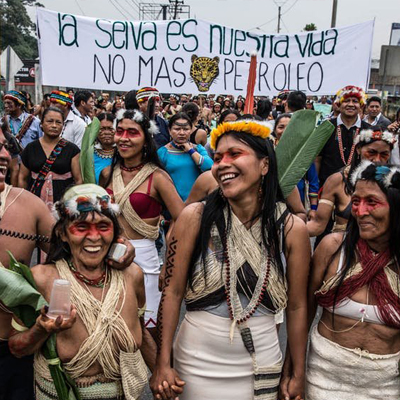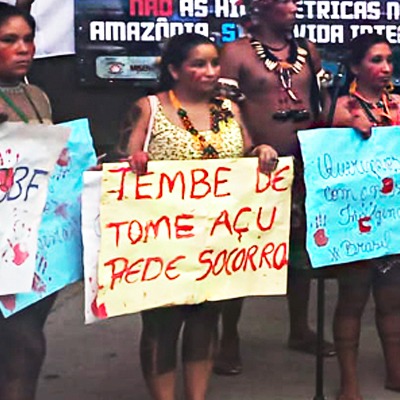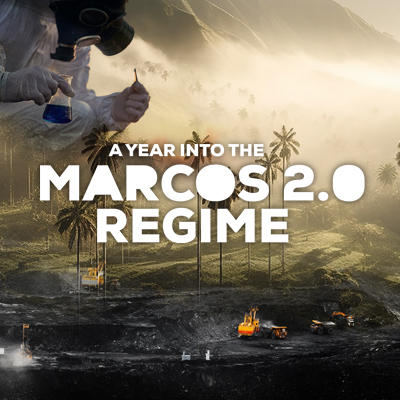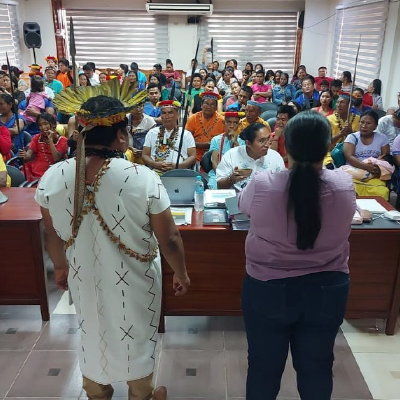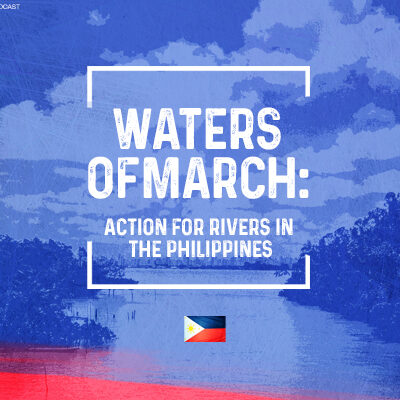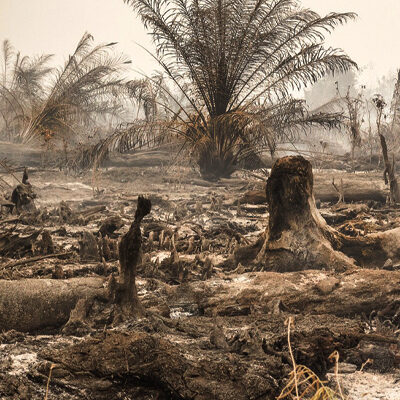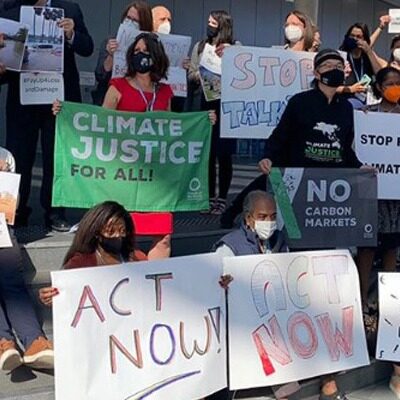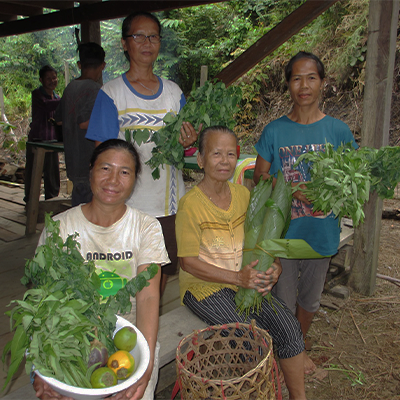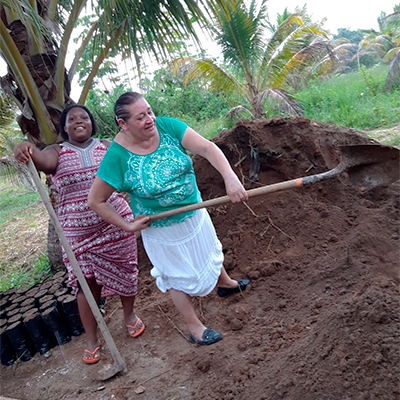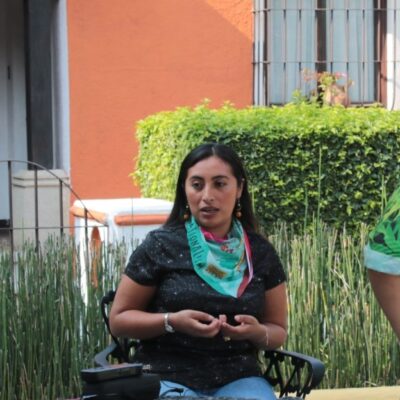
Maudy Ucelo: “Good Living Is the Respectful and Valuable Relationship We Have With Nature”
Maudy María Ucelo is a World March of Women militant living in the Xinka territory, in Santa María Xalapan, department of Jalapa, western Guatemala. “I identify as a young Indigenous woman, because this is where my struggle comes from in community feminist and social movements in my territory,” she explains. This interview was collectively conducted by Capire and Real World Radio during…



